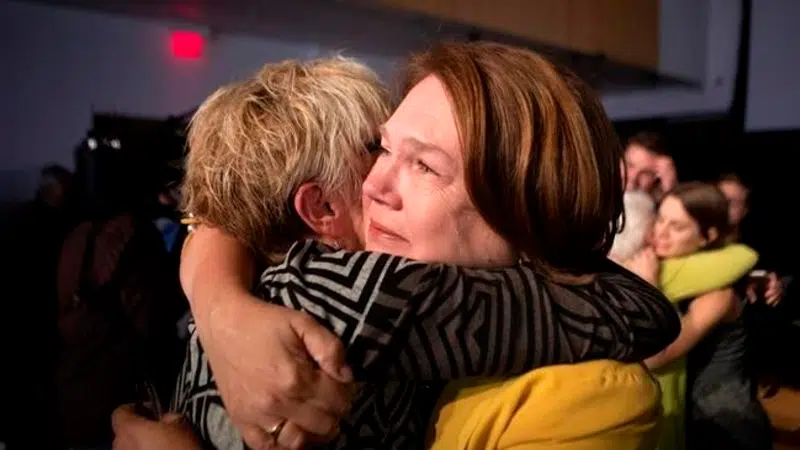
Life after losing: electoral defeat brings whole new set of challenges
OTTAWA — Brian Murphy barely had time to process losing his seat in the 2011 federal election before the House of Commons wrote to ask if he wanted it back.
There was a catch, however: it would cost him.
“You’re kind of wounded anyway, and you get this sort of hope that, ‘Oh my God, they appreciated what I did,'” the former Liberal MP recalled. “They’re going to give you your seat and its so nice to have, and then they say, ‘Oh, by the way, it’ll be $911.'”
Murphy, who served as mayor of Moncton before entering federal politics, laughs it off now. But he knows first-hand the pain — financial and otherwise — that comes with being unceremoniously turfed from Parliament.
